Posted in Blog, Grow by Jo North
In this article, I want to share with you some of the things I’m learning in the online business growth process I am using to build my brand, Idea Time.
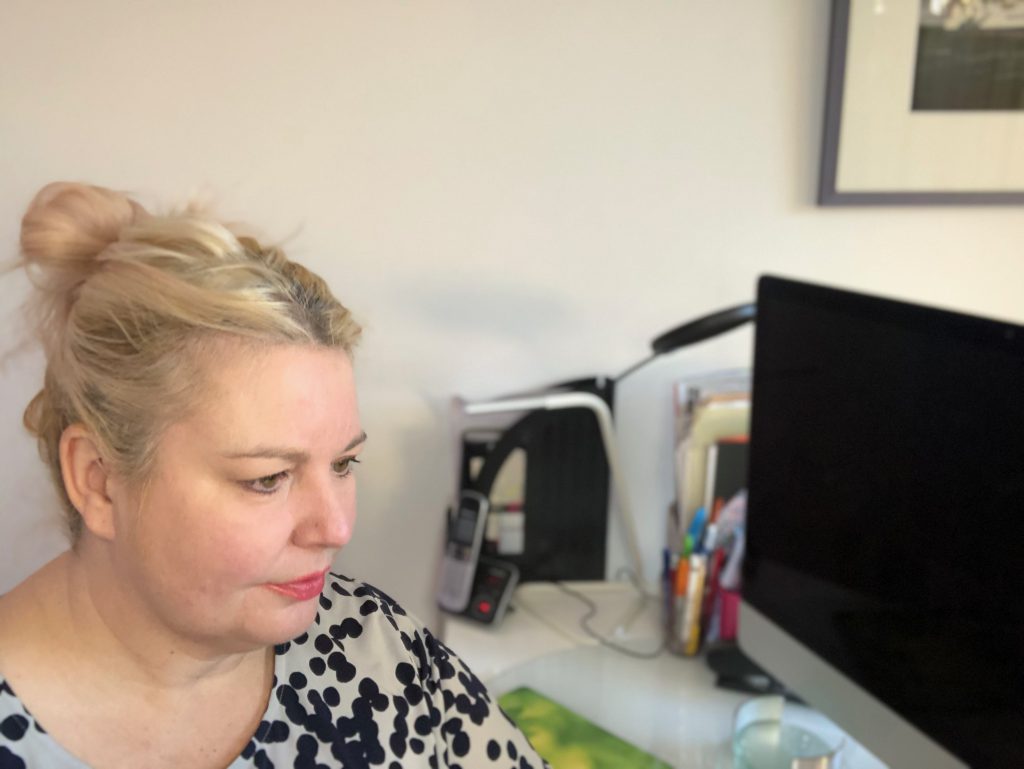
It’s a journey for sure, and there’s some way to go yet, but I wanted to give you an open and honest account of what I am doing, why and how it’s working for me because the lessons I learn on the way could help you grow your online business too.
I’ve successfully run and grown my in-person innovation consultancy, training and facilitation business, The Big Bang Partnership Ltd, for nearly 10 years. I love it and want to keep growing it.
That said, to reach more people and create a recurring revenue stream, I created my online brand, Idea Time. Idea Time feels much more like a fledgling business under the wing of my established Big Bang brand. I’m learning a lot of lessons in online business growth!
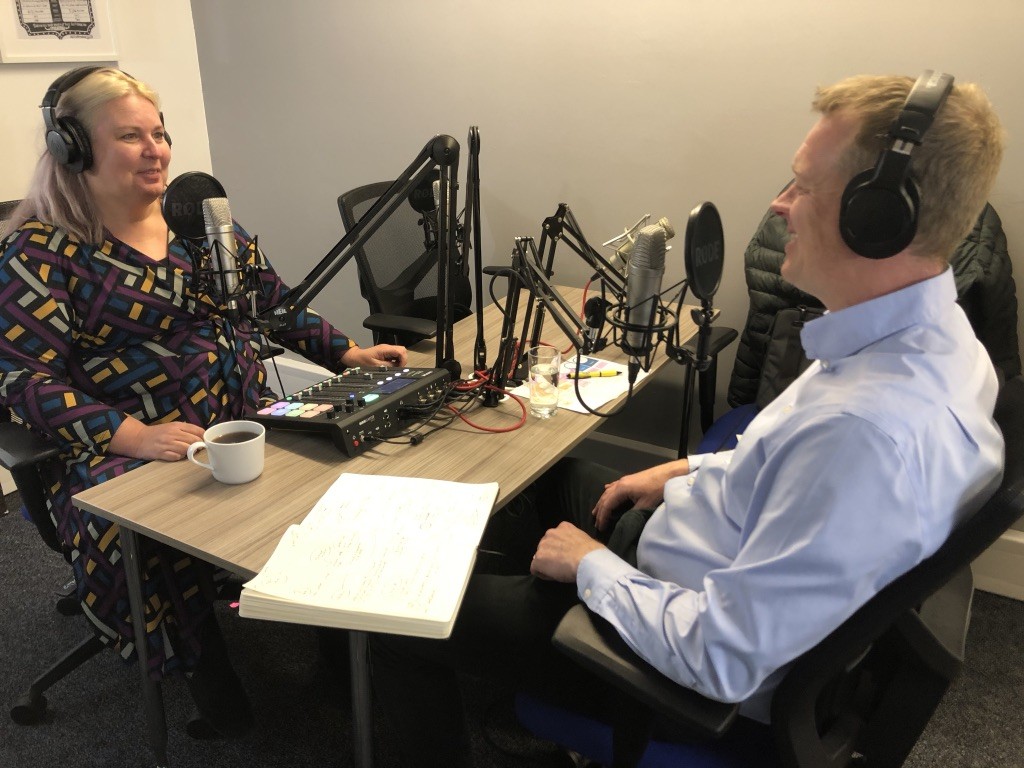
Let’s start with sales and marketing
Followers and prospects
I think sales growth activity starts way back with marketing. This is because what you’re aiming to do with your marketing is to attract the people who are the most likely to buy from you, and ‘switch off’ those who most likely never will. For online business growth, you need to work out which ones are going to buy, and which ones you are going to target.
Your marketing needs to be targeting the people who are going to buy from you, your prospects. That sounds so obvious, doesn’t it? But I see so many businesses confuse their social media followers and email list subscribers with prospects. Just because someone follows you or has opted into your email list doesn’t automatically make them a prospect.
Finding your niche
The difference between prospects and followers or subscribers gets even more apparent when you choose to niche down further.
Over the last few months I have really niched down my Idea Time online brand to cater specifically for people who design and facilitate workshops. They may be from a corporate, agency, community or small business environment, because I am focused on the specific challenges that are universal for facilitators.
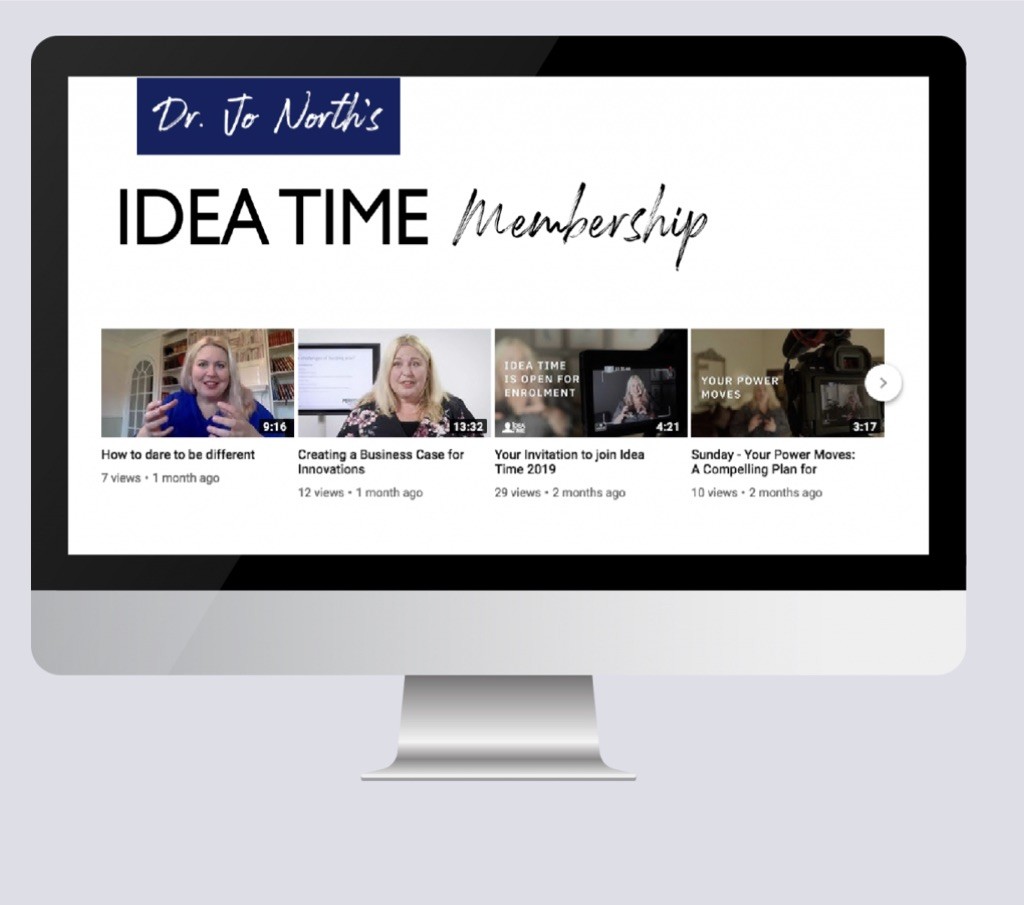
Facilitation is an art and a science, as I have written about in my article on Creative Facilitation here. It’s a really unique role, and as facilitators we can learn so much from each other, even and especially when we hear from facilitator peers using different styles, in different environments and working for different purposes. There is a huge amount of transferable skills and knowledge to be gained by tapping into the talent that exists in the global facilitation community.
Focus your targeting for online business growth
It’s flattering to have a high number of followers and a big email list, but what I have found is that both waste a lot of money unless the vast majority of them are genuine prospects.
The more low-prospect people you have on your list, the more expensive it is to maintain and manage it. The more low-prospect followers you have, the more time you spend trying to cut through the noise on social media. And time equals money – and lower online business growth.
Your sales process truly does start with your marketing, and knowing exactly who you want to target and why and writing this down. Now, I’m not saying that you need to give your target customer a name, height, age, favourite breakfast and musical instrument. That’s creating a fictitious target that doesn’t exist, unless they are a segment of just one person!
I’ve had much better online business growth results when I have segmented my online audience by what they want to be or achieve. For example, my Idea Time Academy has content and activity roadmaps for workshop facilitators designed specifically to get them quick and lasting wins on their most important challenge.

These different roadmaps are:
- Super Confident Facilitator – for beginner facilitators.
- Workshop Design Power-up – for facilitators who would like support with designing their events.
- Creative Genius – for facilitators who want fresh ideas.
- Rockstar Facilitator – for experienced facilitators who want to take their skills to a super-advanced level.
- Productivity Superhero – for facilitators who want to absolutely nail their time and energy management
- Entrepreneur – for facilitators who work alone or in a small business and want to grow
As someone famous once said, we can achieve anything we want, just not all the same time!
My roadmaps allow for continuous progression. Plus, Idea Time Academy members can hop across and join another roadmap as when they want to. Just as one example from several, the Entrepreneur and Productivity Superhero roadmaps complement each other really well.
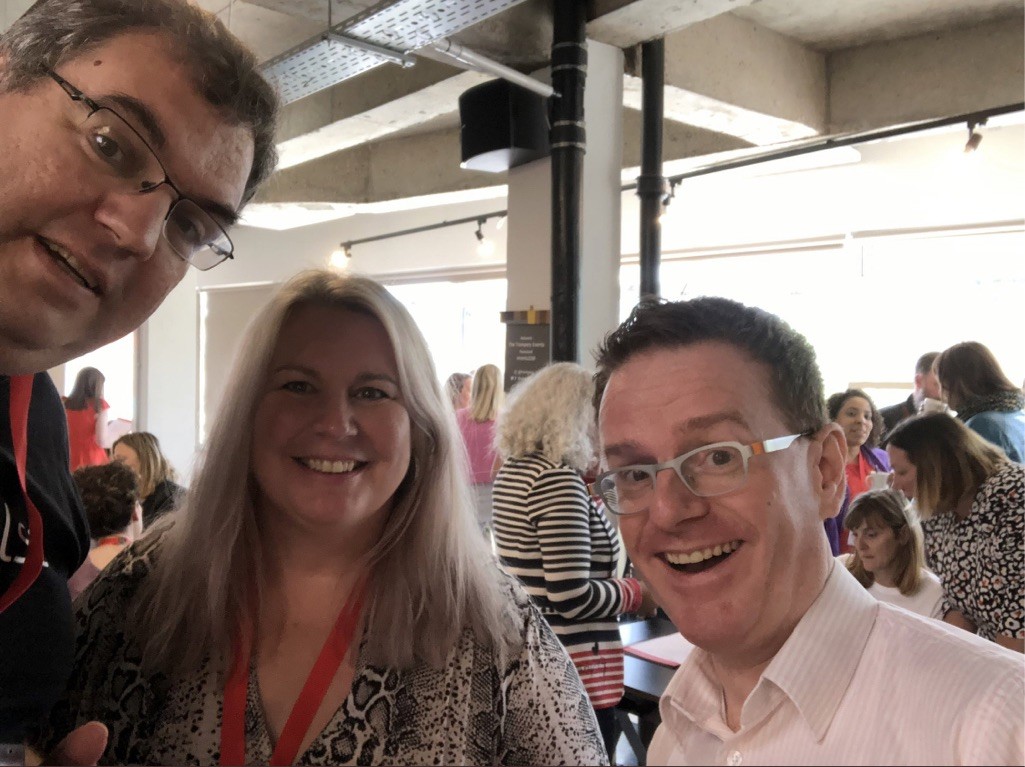
Be brave, don’t be general
More and more my Idea Time social media is designed to attract people who want to learn more about facilitation and grow their skills, and less about the generic business and professional growth advice I was putting out there before.
That generic advice still stands for many facilitators – it’s just that now I am consciously and deliberately framing it to the specific context of people who are passionate about learning to grow their facilitation expertise.
Before I was being too general. Now, I am much more focused and targeted. It’s early days still, so we will see how it goes. But it’s already feeling much better from my perspective, and I do believe that my message for my online business is now significantly clearer. My follower numbers are growing more quickly too, and with mostly with people who share the goal of learning about facilitation.
The lesson I’ve learned: The number one sales and marketing mistake that you can make is to be too worried about everybody not liking your stuff and going too wide.
Don’t be frightened of people falling away, or of having fewer followers. Instead, see people to self-selecting themselves out of your sales funnel as a positive and focus instead on your really nice, clean pipeline of people who have genuine potential and are true prospects.
Work on giving them value – content and solutions that help them tackle their priorities.
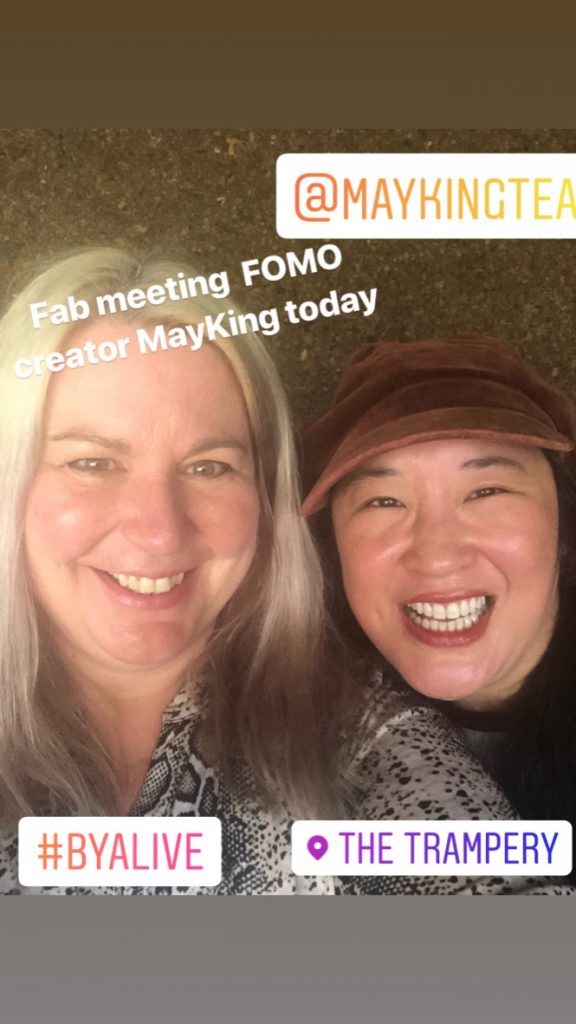
We don’t sell – people choose to buy from us
In order for people to buy from you, they have got to know, like and trust you in most cases, unless you are selling a very practical product that fulfils a specific need and they can see it does the job.
The one thing I really recommend to you is to have customer relationships that you own.
A couple of years ago, I made the mistake of following some really well-intentioned, but ineffective business advice. And the worst thing about it is that I knew all along in my gut that the advice wasn’t right, and I followed it anyway!
I ran an online business growth challenge to promote Idea Time. Someone who has their own successful online business, recommended (on a formal, paid consultancy basis!) that people shouldn’t have to sign up with their email address to do the challenge because this put a ‘barrier’ between me and them.
She said Facebook ad retargeting was the way forward.
I had nearly 800 people participate in the challenge. But when I wanted to connect with them follow up with people who hadn’t bought and so on, I couldn’t! All I could do was to keep paying Facebook to get me in front of them again.
If I had collected their email addresses, fewer people might have signed up – who knows? – but at least I would have been able to connect with them through emails at negligible cost and build my relationship with them by providing them with more added value and selective offers. And I could have used Facebook ad retargeting more strategically to complement and support my email activity.
The lesson I’ve learned: Build and look after your own email list. Don’t leave it all in social media. Facebook, Instagram, Twitter and Linkedin can change their minds on how they do things at any time and the data sits with them, not you. Use social media to connect, engage and get your message out there, and aim to get your prospects into your email list and sales funnel.
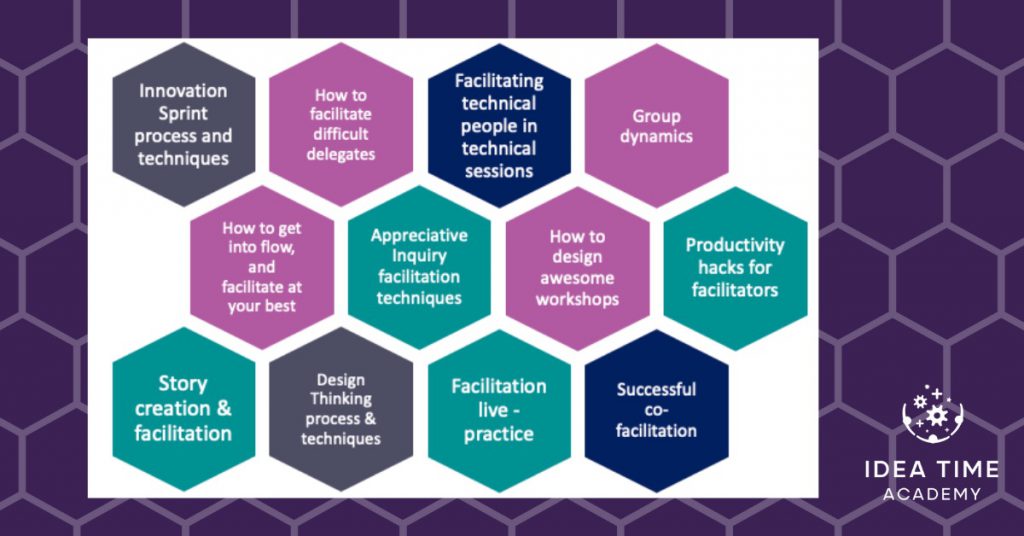
Marketing isn’t selling
I see so many businesses who think they can substitute marketing for selling. The two are very different! Marketing can feel ‘safer’, can’t it, because we’re not opening up the opportunity for people to say ‘no’ to us in quite the same way as we do when we are in sales-mode.
We have all got to sell, too of course, and make sure that when we give away free value that we also make it clear that are in the business of selling as well.
The lesson I’ve learned (and am still learning!) is to make sure I do sales as well as marketing.
Confident pricing for online business growth
It can be challenging sometimes, I find, to know where to pitch the price of a new online product. The key thing is not to under-price but do go for a starting price that you feel comfortable with, plus a bit more added on top.
This will mean that you feel more confident about promoting and selling your product or service, which will lead to more sales. You’ll then feel more confident about putting your price up a bit more, and you’ll create a virtuous circle.

Packages can also make talking about price so much easier. Think about what you can bundle together to create great value options for your customers that work for you, too. Consider having premium, medium and low-priced packages. And you can always mix and match the contents of these packages if you have a customer who wants to do that.
If you’d like some more tips and advice on how to discuss pricing confidently with your clients, you might like my article here.
What next?
Are you a facilitator in the process of growing your business? Email me direct at jo@ideatime.co.uk with a few lines about you, the facilitation that you do and your business goals and I will send you a free, fun gift that I will personally select just for you!

